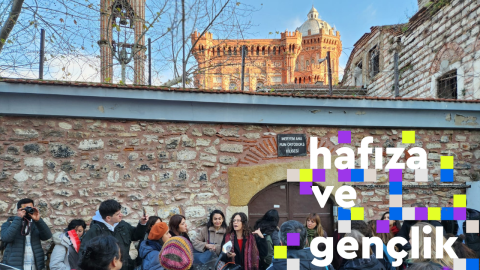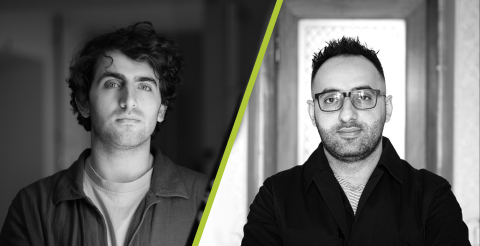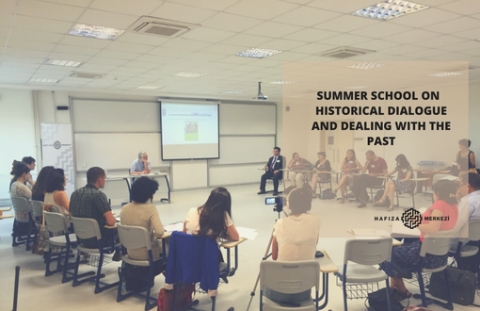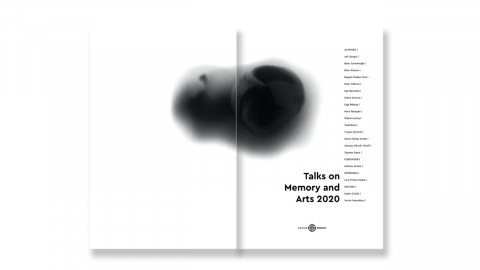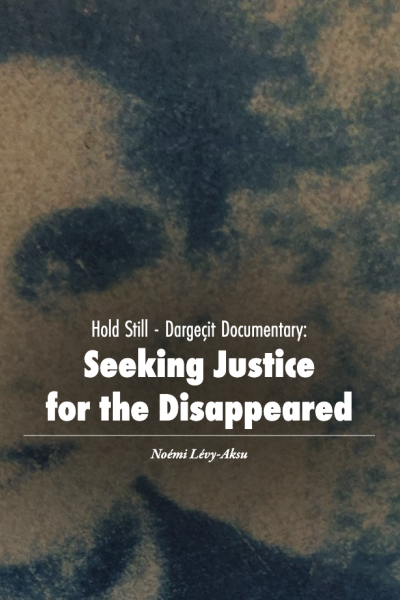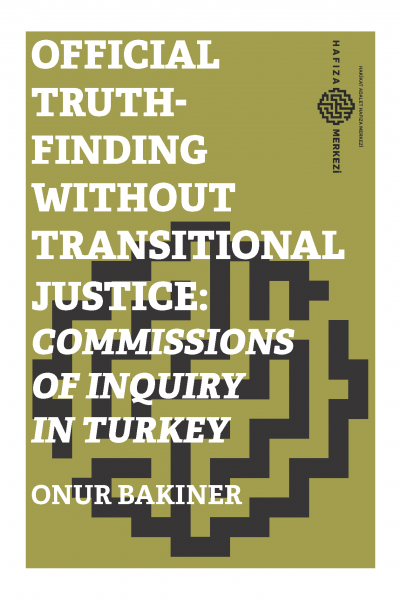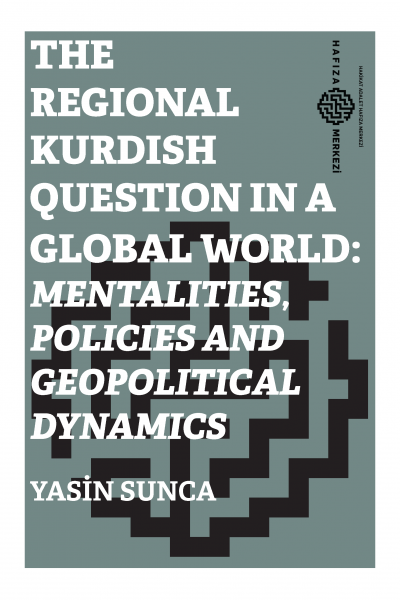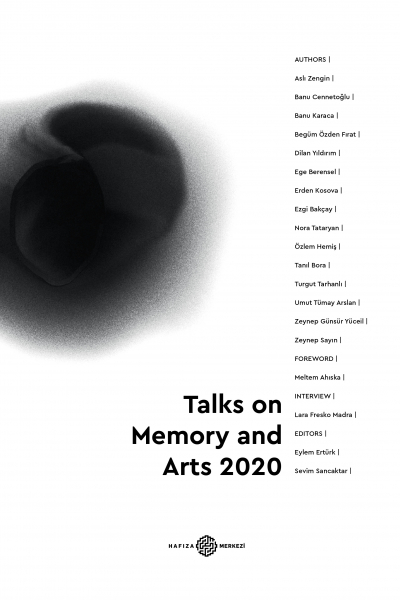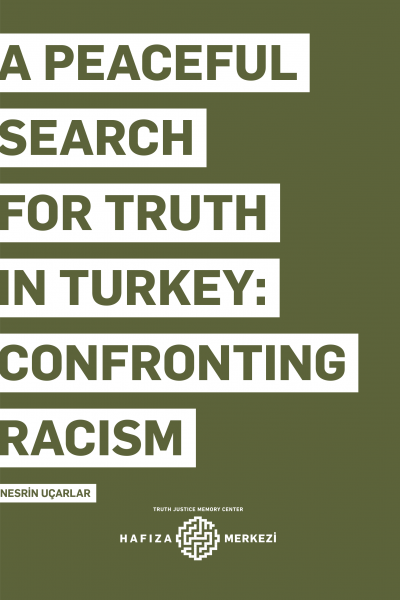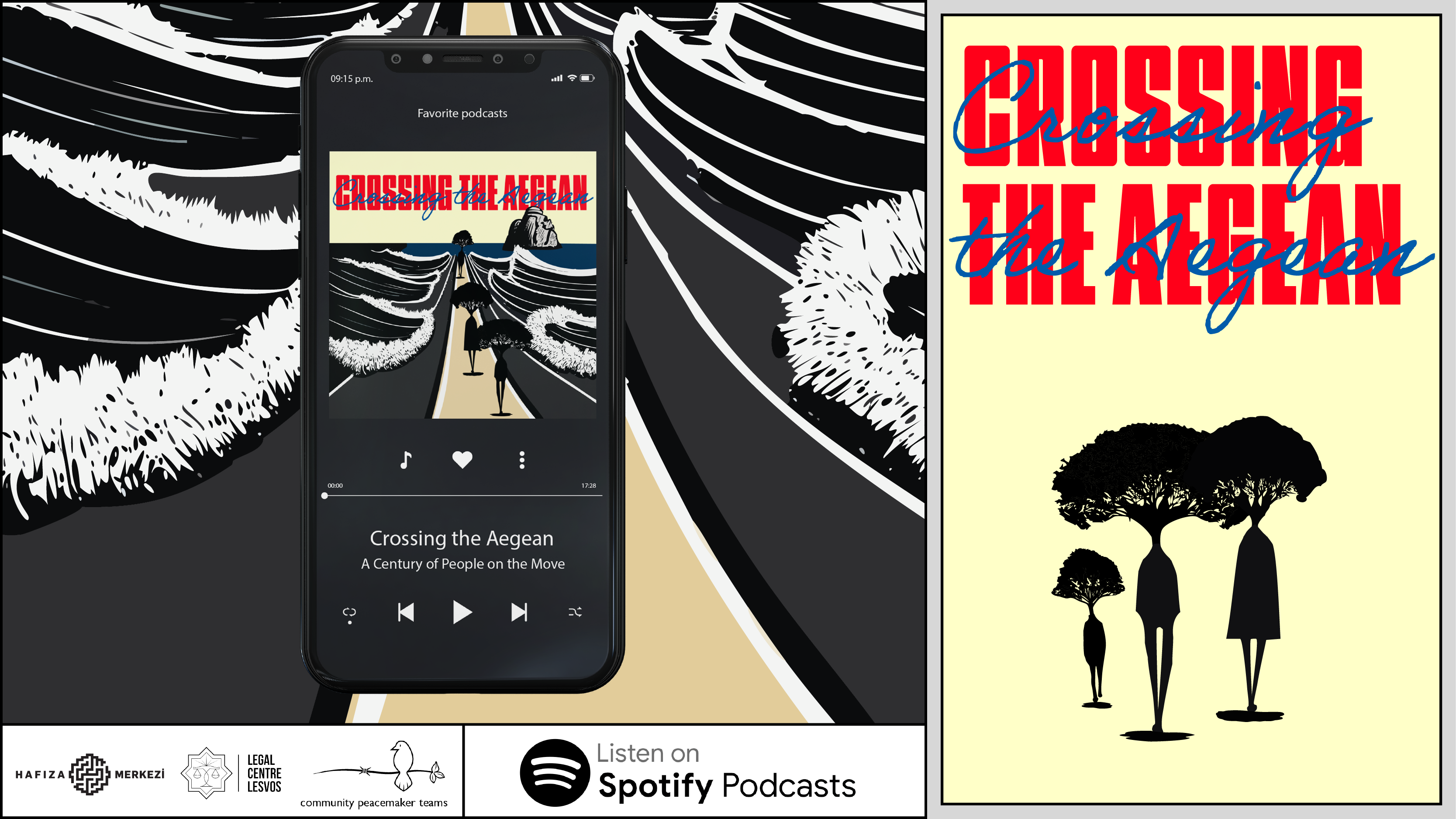
New podcast series “Crossing the Aegean” traces the memory of the population exchange between Greece and Turkey
Hafıza Merkezi and the Legal Centre Lesvos, in collaboration with Community Peacemaker Teams, have joined forces to envision a transnational Aegean that opposes xenophobia, racism, and anti-migrant rhetoric stemming from the concept of national borders.
Our podcast Crossing the Aegean delves into the 1923 Population Exchange between Greece and Turkey, a landmark event that occurred a century ago. The political, social, and economic shifts preceding and following the Population Exchange set the stage for the contemporary rise in xenophobic, anti-migrant, and racist sentiments. Recognized as the first internationally sanctioned forced migration process, the exchange played a pivotal role in shaping the modern concept of refugeeness. It also established exclusionary norms for managing forced migration in these two countries situated on crucial migration routes.
The exchange process saw the formation of religion-oriented national identities, where Turkishness required a belief in Sunni Islam, and Greekness necessitated a belief in Orthodox Christianity. Language took a backseat, resulting in Orthodox Christians who did not speak Greek being sent to Greece and Sunni Muslims who did not speak Turkish being sent to Turkey. In upcoming episodes, we will delve into the details of how, for a century, these two countries devised and implemented immigration policies rooted in religion-centered national identity.
To avoid perpetuating nation-state discourses while discussing the consequences of exchange policies, we will treat the Aegean as a geographic entity, considering both its land and sea. We’ll explore how this region has been witness to forced migration movements for over a century. Emphasizing that the borders on maps are fictional, we’ll underscore how these fictions come to life through state violence, causing devastating effects on people moving across borders. We’ll draw attention to the sinking of boats as a form of enforced disappearance, illustrating attempts to establish static borders in the fluid sea through violence.
Throughout our podcast series, we’ll feature interviews with academics and activists specializing in the history of exchange, transnational migration, and critical refugee studies. Additionally, we’ll hear from individuals who recount their family’s history of forced migration, allowing them to shape and reconstruct their family narratives. We'll explore how they make sense of their families' forced migration experiences and how it influences their perspectives on refugeeness today.
Produced by Hafıza Merkezi and Legal Centre Lesvos, with the support of Community Peacemakers Teams, the series “Crossing the Aegean: A Century of People on the Move” will be available every other Tuesday on Spotify.
